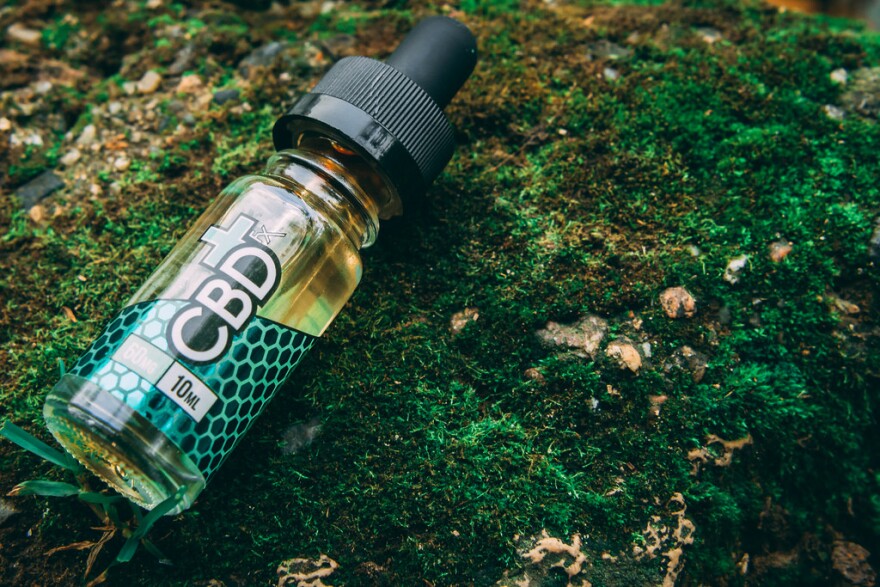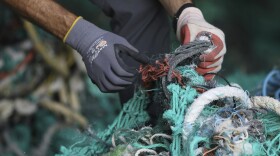It's illegal in Hawaii to manufacture, distribute or sell products containing cannibidiol or CBD but that hasn't stopped businesses from setting up shop in the islands. The state Health Department has taken the approach to educate retailers before it starts to fine them in the face of CBD industry’s rapid growth.
CBD is a component of cannabis, a plant family that includes hemp and marijuana. The substance has been promoted as a remedy for physical and behavioral ailments in humans and animals.
In 2018, the federal government removed hemp from a list of controlled substances. Previously, it had been placed in the same legal category as marijuana. Now, hemp products containing less than 0.3% of THC, the component of cannabis that makes a person “high,” is not subject to federal regulations.
The new legal qualification gave rise to the CBD industry. CBD products are sold commercially in various forms, including oils, gummies and lotions throughout the country.
Despite the federal decision to reclassify hemp, the state Department of Health still considers the production and distribution of CBD products illegal under the Hawaii Food and Drug Cosmetic Act. However, its enforcement approach has been to warn retailers that their products are not approved.
Health officials have visited over 100 establishments carrying CBD products to discuss facts about cannabis based products, including CBD, said Lori Nagatoshi, program manager of the department's Food and Drug Branch. She said this educational effort has been the only CBD enforcement so far. Officials are referring retailers to the department's CBD question-and-answer page.
The state does have the authority to remove products from sale and impose fines up to $10,000 per violation per day. But no retailer has been fined thus far. Nagatoshi said a decision on when those fines will be imposed is pending.
The department does not know how many retailers are selling CBD products locally, but stores have popped up in the major malls and have advertised widely.
Meanwhile, Nagatoshi is asking members of the public to educate themselves as well. The lack of information and regulation of CBD products is concerning, she said.
“Because these products have not been properly evaluated, we don’t know how much is safe to consume in a day or in a dosage,” she said. “There could be harmful substances in these products like pesticides, metal particles, or synthetic cannabinoids.”
John Mizuno, chair of the state House Committee on Health, agrees there is need for CBD and hemp product regulations to ensure their quality.
“Unregulated CBD is a concern because we could be bringing [in] tainted products,” he said. “We really need to study it more and regulate.”
Mizuno said he hopes to hold an official legislative briefing on the topic in the next legislative session. He is also planning to introduce a new regulatory bill on industrial hemp.
__________________________
PHOTO CREDIT: Vaping360



